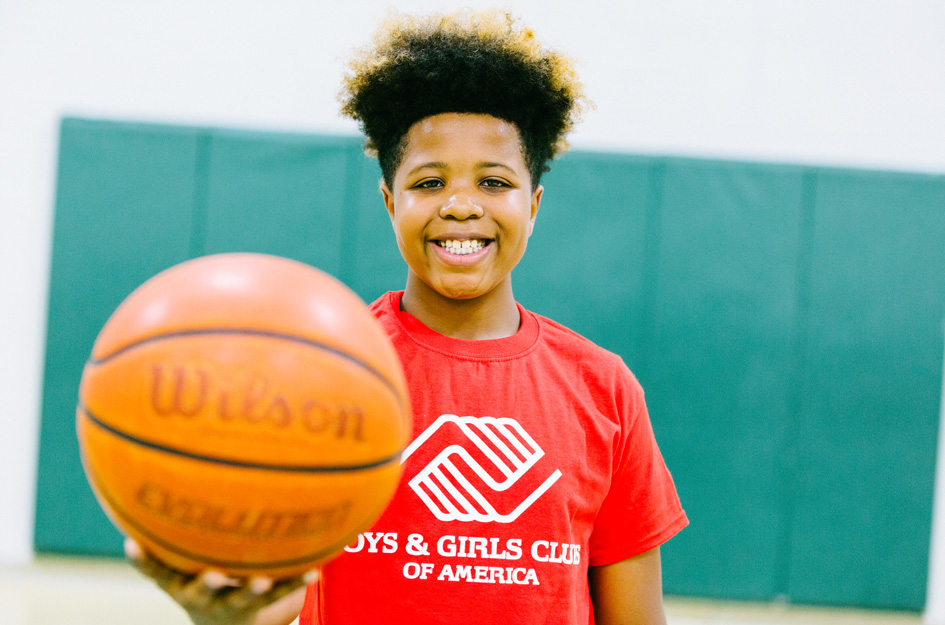

Teenage goal-setting can help youth increase self-confidence, develop their work ethic and build perseverance.
Goals give us something to work toward, purpose to keep us motivated and – with a little luck and a lot of hard work – something to celebrate.
For teens, learning how to set goals has many benefits, including increasing self-confidence, developing their work ethic and building perseverance.
These skills will benefit them for life, both in setting and achieving goals, but also in being successful in school, in the workforce and personally.
Teenage goal-setting can be encouraged at home, and will be most successful when teens define the goals (and the paths to getting to them) on their own terms.
Here are some things to remember as you support the teen in your life in practicing goal-setting:
Setting a goal is a form of self-expression — encourage goals that help teens get closer to their dreams. Ask your teenager what their dreams and ambitions are, big and small. How can you help them explore this dream by setting goals? For a teen dreaming of being a pop singer, goals might look like joining a local chorus or choir; writing a certain number of songs by the end of the year; or participating in youth music programs and contests, like Lyricism 101 or MusicMakers at Boys & Girls Clubs.
And remember, whatever the dream is, be supportive. Instead of rationalizing or course-correcting their dream as a viable career path (“You know, the odds of becoming a famous popstar are really tough!”) think of your teen’s ambitions as an expression of their identity (they love singing, music and being creative) and a perfect passion-based start for goal-setting.
Model what goal-setting looks like in your life. Seeing is believing, and when your teen sees you set goals and work to achieve them, it’s one of their most direct ways to experience goal-setting. Be open with them throughout the process, share what steps you’re taking to achieve your goal and be candid about setbacks and changes.
What kinds of goals might you share? Domestic goals are easy for kids of all ages to see progress – such as starting a vegetable garden. Your teen will see you (and may even pitch in themselves!) start with seeds, persevere through daily garden maintenance (and those plants that just didn’t work out) to putting dinner on the table – dinner you grew! For professional and life goals that happen over a long time or are out of sight of your teen, have a candid conversation about steps and setbacks, and focus on sharing the emotions you were feeling at the time – so your teen can relate their own experience or imagine your journey. And on that note…
Goal-setting is all about the journey. A goal is a destination, which means teens will have to take charge of the journey – from planning their path to success to adjusting their course when things don’t go as planned. Along the way, they’ll pick up life experiences and lessons and know the satisfaction of a job well-done once their goal is reached. (And while as a parent or caregiver, we may envision what their journey should look like, that doesn’t mean it’s the right journey for your teen – or the one that will end up being the most rewarding experience. Be supportive, but let them steer.)
It’s OK if the goal changes. As human beings, we’re always evolving. If your teen is halfway toward their goal and realize they actually don’t want that goal anymore or want to focus on something else, that’s OK and can spark great conversations and lessons. If you find them consistently abandoning long-term goals, try short-term goals where they can start feeling success more quickly, and feel inspired to keep going.
Always celebrate when a goal is achieved. Ensure your teen takes time to celebrate a job well done! And be sure to model this as the adult in their life, too.
Goals for a teenager can come in any form or fashion, and benefit them personally, at school or as someone embarking in the workforce.
Since all teenagers are students, there are a variety of goals that can support them not just in being a better student, but in being a more fulfilled person.
Examples of short-term goals for students might include:
Learn more about how Boys & Girls Clubs support young people in developing character and citizenship to be active contributors in their communities.
Boys & Girls Clubs of America provides mentorship, programs and meaningful life experiences that boost youth self-esteem, build confidence and contribute to overall positive and healthy wellbeing. Sign up for our newsletter to receive the latest resources and stories.
We use cookies to enhance your experience. Learn More.
Boys & Girls Clubs of America uses cookies to give you the best experience on our website. Read about cookies in our privacy policy. By closing this message, you consent to our use of cookies on this device in accordance with our policy unless you have disabled them.